- How to Grow a SaaS (Software) Business FAST - February 10, 2025
- 6 Advanced SEO Tips to Dominate the Search Rankings in 2025: Informed by Our Biggest Clients - January 17, 2025
- 7 Advanced Tips for Companies Spending $1M+ on Google Ads - December 10, 2024
SEO works.
It’s the tactic that enabled us to turn this blog into a six-figure passive income machine.
We’ve applied everything we’ve learned to rank for some of the most competitive terms in our industry — and we’re on pace for over 600,000 organic visitors this year because of it.
But what if you have a local business? That changes the equation a bit.
The same principles of SEO still apply, but with a few differences. Particularly in the times of COVID-19, you need to be smarter than your neighboring businesses to be seen by Googlers.
Allow me to illustrate…
Table of Contents
What is Local SEO?
Local SEO is the process of optimizing a website to rank in search engines like Google and Bing for local queries.
Brick-and-mortar businesses with physical locations typically operate within certain geographic areas, so their customer base is local. Examples include grocery stores, restaurants, boutique shops, and salons.
Increasing search visibility for organic traffic allows these businesses to reach more local customers and generate more revenue.
The same principles of SEO apply to rank for local queries — keyword research, content optimization, backlinking, etc.
But the focus of local SEO is on localization.
Things like…
- Claiming a business listing
- Managing customer reviews
- And maintaining a social media presence
…are all part of a great local SEO strategy.
I’ll dive deeper into the signals that impact local rankings in a later section. For now, let’s look at why local SEO matters.
Why Local SEO is Important
Let’s say you’re in the mood for some pizza.
In 2020, you probably wouldn’t pull out a Yellow Pages Book to find a local pizzeria.
You’d go to your phone or laptop and use a search engine to find a local listing — forget about flipping through a heavy book or browsing alphabetically.
You’re not alone either:
90% of consumers use the internet to find local businesses:
They search for things like:
- Dentist near me
- Pizza in [city name]
- 24 hour locksmith
Google captures 92% of the search engine market. So Google is definitely where you want to focus your local SEO efforts. Yelp has tried to sue Google many times for antitrust violations because Google really is the only show in town (with Yelp as a distant second).
Google understands that local queries have local intent — if you search for “pizza near me,” it knows that you’re looking for a pizzeria near your location.
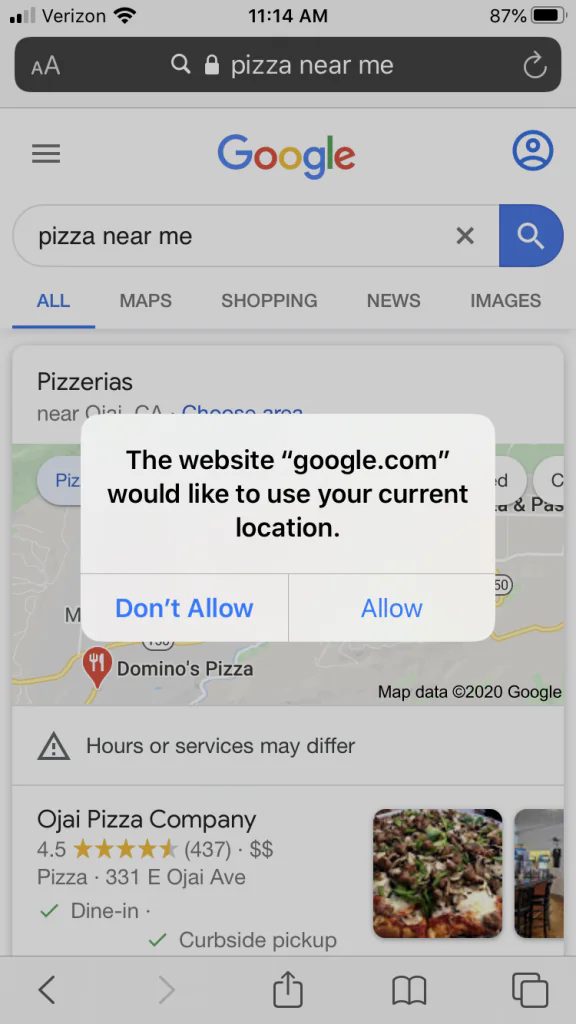
In fact, how Google displays search results for local queries is completely different from non-local queries.
Here’s an example of a local search pack for pizzerias in Los Angeles:
At a glance, we see things like the name of a business, where it’s located, customer ratings, and when it closes. These bits of information are aimed at helping users find the right business.
Google has always focused on providing the most relevant results and that extends to local searches. Which means, for your local business, local SEO is important for one reason — visibility.
If your local business isn’t at least on the first page of Google, it may as well be invisible.
Here’s why:
The top position in the search results receives 32% of all search clicks. The 7th position around 4%:
And the bottom position? 1%.
Ranking in the top position means you can reach more customers searching for your products or services. And if you’re not taking up that spot those clicks are going to your competitors.
A local SEO strategy is how you get your website ranking on top. So you need to optimize if you want to drive in-store conversions with Google.
Local SEO Ranking Factors
Google Places more emphasis on local signals when determining rankings for local searches.
If you’re looking for a locksmith, you don’t want results for businesses in a different state. You want one that’s close to you.
Getting a site to rank for local search queries requires a different approach from traditional SEO. Here are the top ranking factors for local organic SEO according to Moz:
Get these right and you’ll have a massive competitive advantage in the local search results.
Let’s look at these ranking factors in more detail:
Local SEO: On-Page Factors
On-page SEO is the practice of optimizing individual elements on your website like your page titles, headings, and content.
It’s pretty straightforward. Google ranks sites based on the content on the site. Makes sense, right?
On-page optimization improves the relevance of your website and has a huge impact on your local search rankings.
Here’s how to do on-page SEO right:
Strategy #1: Conduct keyword research
Before you start optimizing on-page factors, you need to know what keywords to target.
Keyword research is the process of identifying terms that your audience is entering into search engines like Google.
It allows you to optimize your site and create content around keywords with local intent.
Brainstorm keywords that are relevant for your business. What keywords would a customer type into Google to find your products or services?
If you’re a dental practice, some keywords you might target for organic results include:
- Dentist in [city name]
- Dental crowns in [city name]
- Emergency dental care in [city name]
Use keyword research tools to identify more search terms and expand your list.
We created a tool, GrowthBar that lets you conduct keyword research and get traffic estimates. It’s free to use!
The tool displays keyword suggestions and monthly search volume.
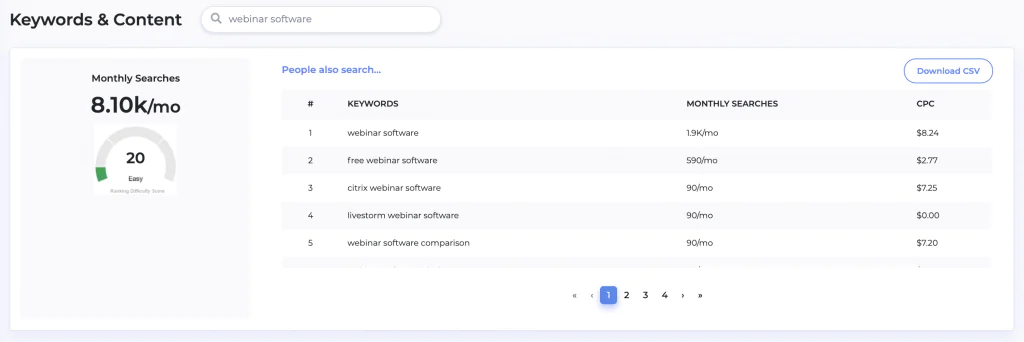
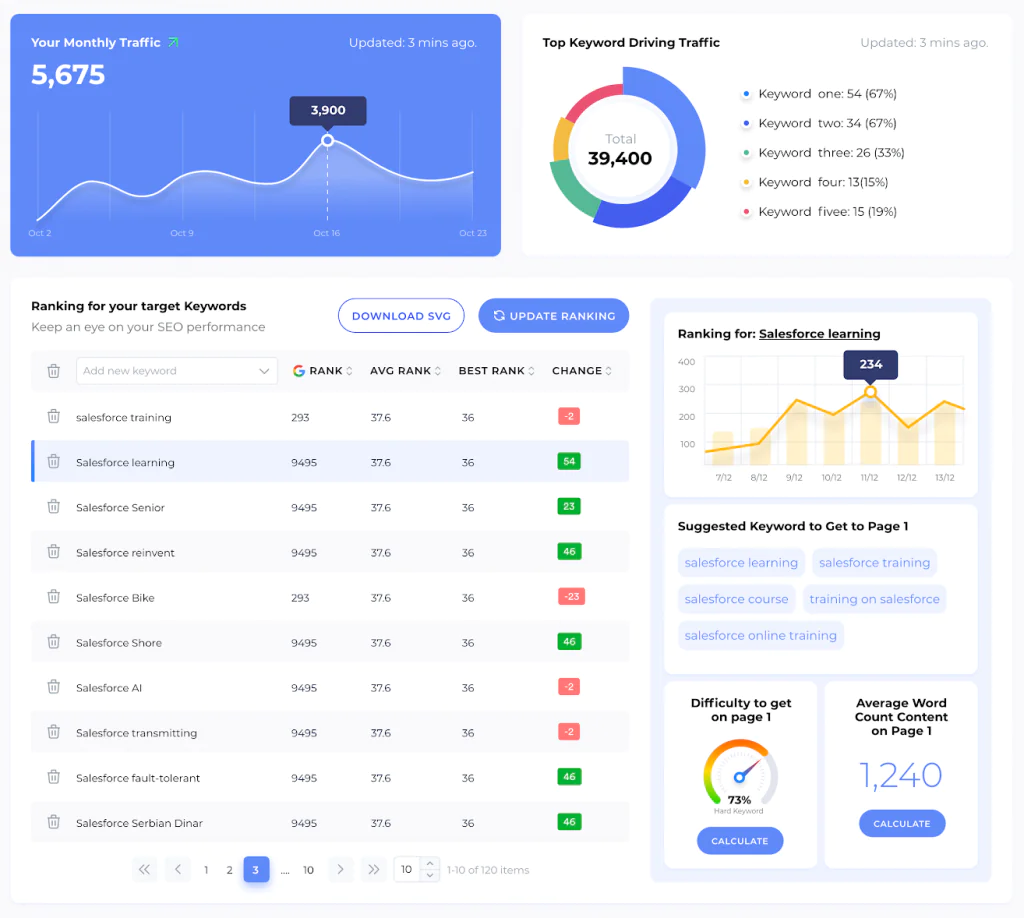
Focus on local keywords that get a decent monthly search volume. Otherwise, you’ll put in a ton of effort ranking for keywords that barely get any search traffic!
Alternatively, you can also use Google’s Keyword Planner tool for keyword research. Here’s what we see for the phrase “home builder:”
For more on keyword research, read: How to Create a Great SEO Strategy.
Strategy #2: Optimize Title Tags
Page titles are an important local SEO factor. Optimize your page titles to include your target keywords as well as your city name.
Here’s an example:
Like all the content of your site, make sure the title of your site is very relevant to users’ common search queries. Your site title is what a Googler will see in the Google Search Results Page (SERP).
Strategy #3: Optimize Meta Descriptions
Meta descriptions are short snippets of text that display underneath the page titles. They aren’t necessarily a local SEO factor, but they can affect click through rates, just like your site title.
Google will even bold keywords that match a search query.
Here’s an example:
Most website builders like WordPress and Shopify allow you to change your title and meta description in the back end.
Strategy #4: Optimize Your Content
Finally, optimize your content for your primary keywords.
Use your secondary keywords in your headers to improve the relevance of your content and make it easier for users to navigate.
Here’s an example of how one local business optimizes a landing page:
But be careful not to keyword spam or you risk getting hit with a ranking penalty. So don’t wildly overdo it.
Local SEO: Sign Up For Google My Business
Google My Business is a major ranking factor for local SEO. It’s no surprise that Google would make its own Yelp competitor a big ranking factor.
It’s a free tool that lets you manage your online presence on Google Search and Maps.
Creating a profile also gets you a large feature on the right side of the search results when potential customers search for your business:
Completely fill out your profile and select an appropriate category for your business.
Note that you’ll need to verify your business to prove you’re the owner — usually this is done by receiving a postcard in the mail. In the meantime, update your profile and add the following:
- Phone number
- Address
- Business hours
- Images
Be sure to also include a short description (with your target keywords) of your business and upload quality images of your business to make a good first impression.
Local SEO: Build Local Citations
Local citations are online mentions of your business. They have a direct impact on your local search engine rankings.
Start with popular business directories like Yelp and Foursquare. Here’s a list of local directories that are worth submitting to.
Keep NAP (Name, Address, and Phone Number) consistent across all your profiles. Google looks at these signals to determine the legitimacy of your business.
Remember to add a link back to your website.
Local SEO: Build Backlinks
Links from other sites are strongly correlated with higher rankings.
Think of a backlink as a vote — the more you have, the better. More “votes” is an indication to Google that your site is credible and useful.
If you want your local business to rank, you’ll need backlinks to your site.
Start by analyzing backlinks of sites that are already ranking. You can use GrowthBar to find that information:
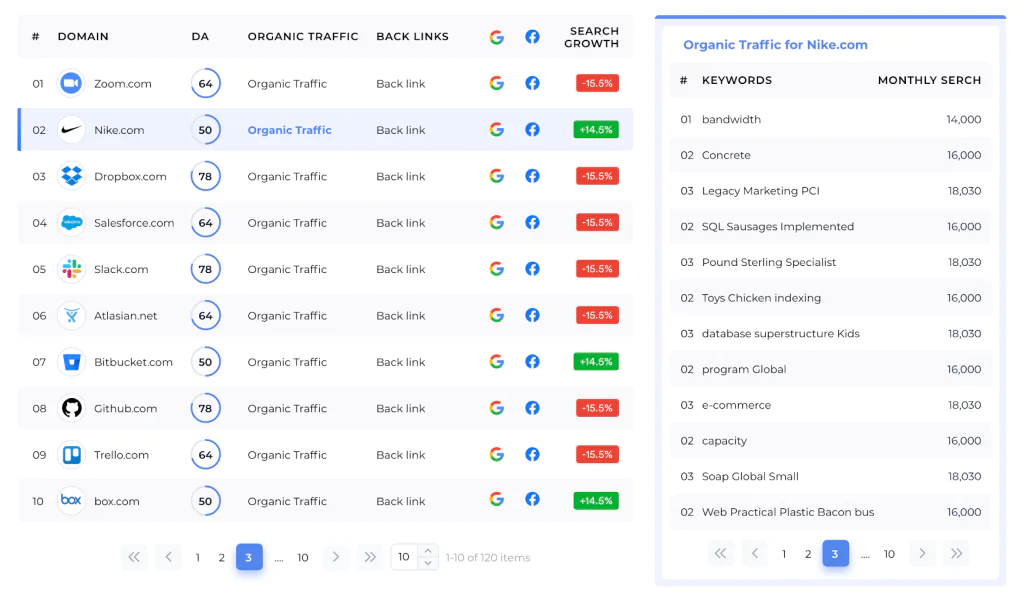
You can use backlink information to conduct an outreach campaign and request links from these sites.
Here are some other ways to build backlinks:
- Sponsor a local event
- Fund a scholarship
- Publish local guides
- Conduct outreach
- Donate to a local group
A word of caution: Don’t use automated tools to spam your site with links. Doing so could get your site penalized.
Instead, focus your efforts on building quality links and you’ll see your rankings gradually rise.
Link building is an incredibly important part of local SEO, and SEO in general. But your time is valuable, so don’t waste tons of time building backlinks, unless you have a big operation and some help with the operation. It is just one of many ranking signals.
Read: The 25 Best Link Building Strategies for Any Business or A Complete Guide to Ecommerce SEO
Local SEO: Get Customer Reviews
Customer reviews are another important local SEO ranking factor. They can also have a huge impact on your bottom line.
82% of consumers read reviews when deciding on a local business.
Glowing online reviews acts as a form of social proof. If potential customers see that others rate your business favorably, they’ll be more inclined to check it out.
But if your business has mostly negative reviews, they’ll probably think twice and take their money elsewhere.
Customer reviews are important for another reason — Google displays star ratings in the local pack:
People’s Pizza of Cherry Hill has an average rating of 4.5, while the other two places are rated at 3.9 and 3.4. If you were looking for pizza, you’d probably go with the first choice.
Encourage your customers to leave online reviews. You can create a link and share it with them. They’ll be able to rate your business, which will show up on Google My Business.
Never pay for customer reviews though. Doing so is explicitly against policies on sites like Yelp and could get you outright banned.
Local SEO: Optimize For Mobile Devices
Optimizing for mobile devices is a must for local SEO.
Nothing is more frustrating than landing on a site that isn’t optimized for your phone. You have to pinch and zoom just to read the text.
78% of people who conduct local searches on their smartphones visit a local business within 24 hours:
But if your site isn’t optimized, you risk leaving potential customers with a negative impression of your business and bouncing out.
Use Google’s Mobile-Friendly Test tool to check if your site is mobile-friendly. If it is, you’ll see the following:
What if you didn’t pass the test?
Then make your site mobile-friendly ASAP. The good news is that most site builders automatically optimize your site for mobile. So unless your site has been built from scratch or has a lot of features or custom code that make it pretty unwieldy, you should be fine on this front.
Google recommends responsive design — a grid-like design that dynamically adjusts to all screen sizes including desktops, tablets, and smartphones.
Responsive design is also beneficial from an SEO standpoint. You don’t need to manage a separate mobile site and the Googlebot only needs to crawl your page once.
Local SEO: Create Social Media Profiles
Google has said that social signals do not matter for site rankings. But it’s still worth creating and maintaining active profiles on networks like Facebook, as many SEOs aren’t convinced Google is telling the truth.
Because consumers aren’t just relying on Google to find a local business. Many are also turning to social media networks like Facebook.
63% of people who have used social networks to find a local business made contact.
Start with the popular social networks like Facebook and Twitter.
Just like with your Google My Business profile, completely fill out all details about your business and optimize your profile to get it ranking.
Final Thoughts
Local SEO is all about increasing search visibility for local queries.
That means you need to optimize for local signals, including refining your on-page factors for local keywords, creating local listing profiles on business directories, and managing customer reviews.
Get these factors right and you’ll be able to position your local business in front of more customers.
Also read:
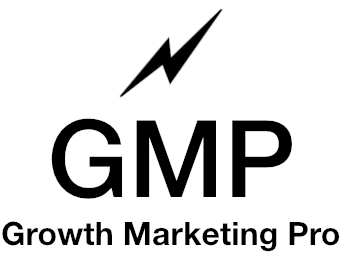
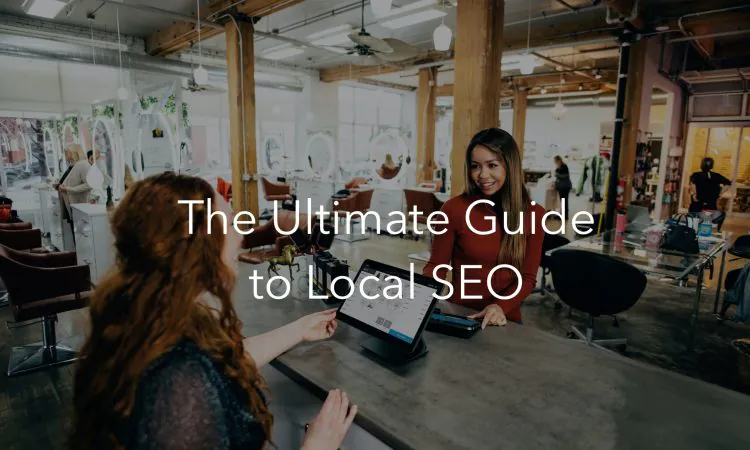
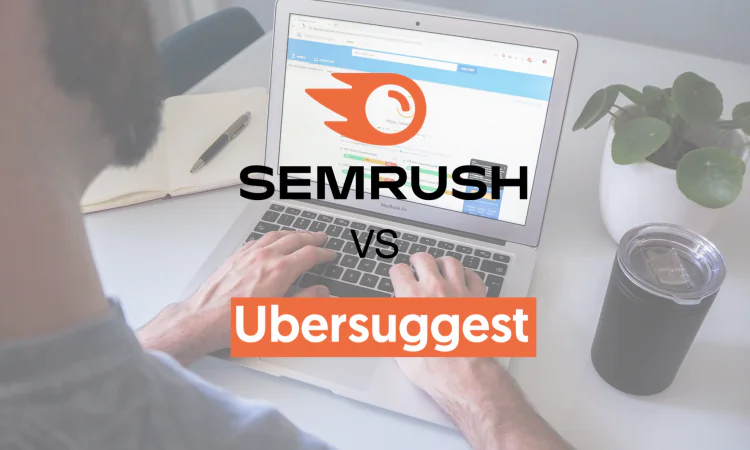

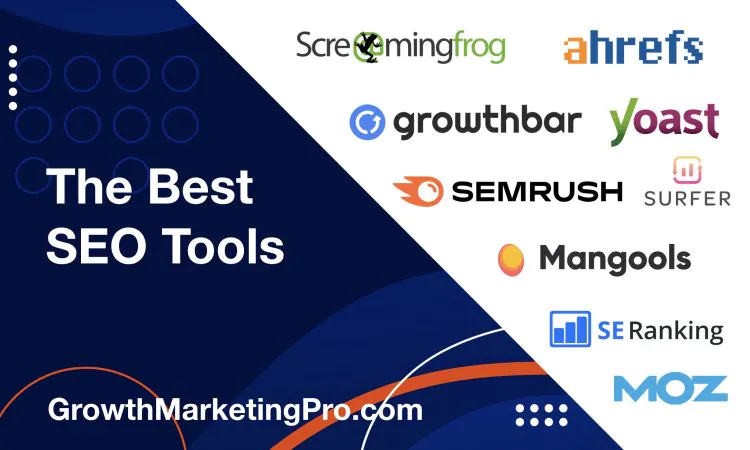
Wow, this was extremely well written, very accurate, and straight to the point.